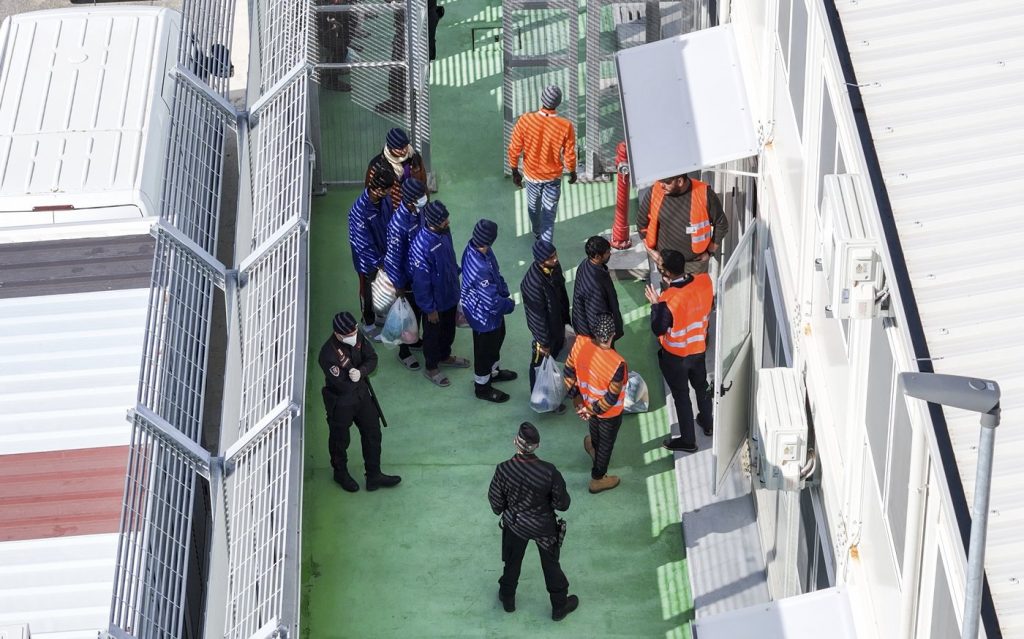BRUSSELS (AP) – The European Union (EU) has introduced a new migration proposal aimed at increasing deportations and establishing "return hubs" in third countries for individuals whose asylum requests have been denied. This initiative was unveiled by the European Commission on Tuesday and reflects the EU's continued efforts to manage migration across its member states.
Currently, the EU is facing a significant challenge, as only 20% of individuals who receive a return order are actually removed from EU territory. The European Commission's "European System for Returns" proposal seeks to address this issue by creating a unified framework for all 27 member countries. According to Magnus Brunner, the EU’s commissioner for migration, it is essential for the system to communicate to applicants that a return decision requires them not only to leave the country where the order was issued but also to exit the entire European Union. Brunner has described the existing 20% removal rate as "unacceptable."
The proposal includes mechanisms that would permit national authorities in one EU member state to enforce deportation orders issued by another member state. However, for this system to function effectively, it is crucial that countries of origin are willing to readmit their citizens. Brunner acknowledged the ongoing work between the commission and EU member states to enhance relationships with these countries.
The concept of "return hubs" essentially refers to deportation centers where individuals with rejected asylum applications would be held. Brunner clarified that the EU itself would not establish or operate these centers, which could be located in Europe or elsewhere. Instead, the commission intends to develop a legal framework that enables EU member states to engage in bilateral negotiations or broader discussions at the EU level with non-EU nations that are prepared to accept deported individuals.
However, the proposal has met with criticism from migrant rights groups, who argue that it undermines the fundamental right to seek asylum. Silvia Carta from the Platform for International Cooperation on Undocumented Migrants expressed concerns that the initiative could lead to increased detention of migrants, separation of families, and forced relocation to unfamiliar countries.
For the migration proposal to be enacted, it must receive approval from both the European Parliament and the individual member states. The EU is now at a critical juncture regarding how to balance its migration policies with the rights of asylum seekers and the practicalities of managing unauthorized migration.










